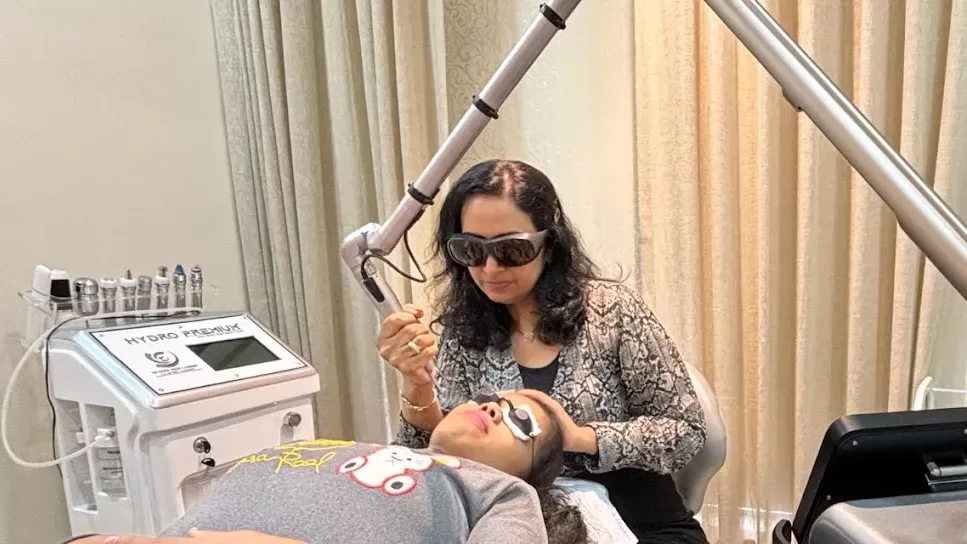Why Hydration Is the Hidden Secret to Ageless Skin
We often chase brightening creams, anti-aging serums, and collagen supplements, but forget the most essential step which is hydration. Your skin’s glow, elasticity, and youthfulness depend on one simple factor: how well hydrated it is. When your skin lacks moisture, it starts to lose its bounce, feels tight or flaky, and fine lines become more visible. In short, hydrated skin is healthy skin.
What Exactly Does Skin Hydration Mean?
Hydration means increasing the water content in your skin cells. When your skin is well-hydrated, it looks plump, smooth, and radiant. Think of your skin like a grape – hydrated skin is firm and full, while dehydrated skin becomes like a raisin: dull and wrinkled.
From a dermatological perspective, hydration strengthens the skin barrier (the outermost protective layer), which locks in moisture and shields against pollutants and allergens. When this barrier is compromised, due to over-cleansing, harsh weather, or aging; your skin loses water faster, leading to dryness and irritation.
Why Is Skin Hydration So Important?
How to Keep Your Skin Hydrated—Inside and Out
- Drink Enough Water: Hydration starts within. Aim for at least 2–3 litres daily, but remember that external care matters too.
- Use a Hydrating Cleanser: Avoid harsh foaming cleansers that strip natural oils. Look for ingredients like Hyaluronic Acid and Glycerin that bind water to skin.
- Apply a Moisturizer on Damp Skin: This locks in moisture and strengthens your barrier. Gel-based formulas are perfect for humid weather like Mumbai’s.
- Protect with SPF: Sun exposure accelerates water loss. A broad-spectrum sunscreen prevents dehydration and photoaging.
- Try Dermatologist-Recommended Treatments: Clinical treatments like Hydrafacial, Skin Boosters (hyaluronic acid injections), and Moisture-Lock Facials deeply hydrate from within, improving tone and texture instantly.
Professional Hydration Treatments in Mumbai
At Dr. Reshma Ahuja’s Skin, Hair & Laser Clinic in Powai, we offer scientifically backed treatments that restore lost moisture and rejuvenate your skin barrier:
When Should You See a Dermatologist?
If you experience persistent dryness, flakiness, or irritation even after moisturizing regularly, your skin may be dehydrated beneath the surface. A dermatologist can assess the health of your skin barrier and recommend personalized hydration plans as sometimes, chronic dryness can indicate conditions like xerosis (extremely dry skin) or eczema.



Leave a Reply